Movies
Latest about Movies
-
-

Arco Review: A Time-Travel Take On A Classic Story Is An Animated Wonder
By Eric Eisenberg Published -
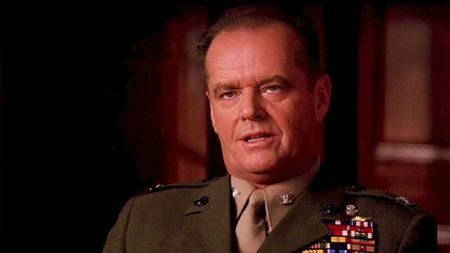
How Rob Reiner Filmed Jack Nicholson’s Iconic A Few Good Men Scene, And The Lovely Gesture He Made Afterwards
By Eric Eisenberg Published -
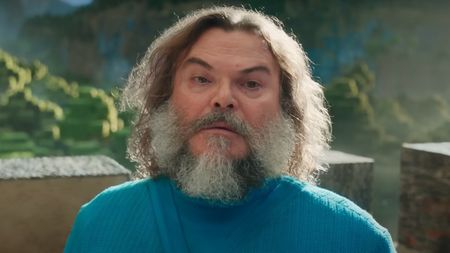
How Does Jack Black Feel About The Minecraft Movie's Theater Audience ‘Going Nuts? (I Can’t Get Enough Of His A+ Comparison)
By Sarah El-Mahmoud Published -
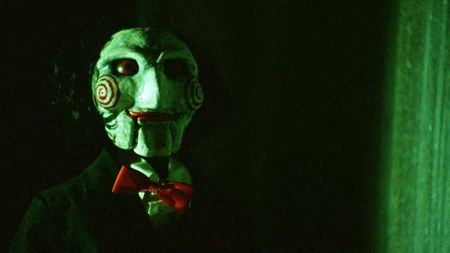
James Wan's Latest Update About The New Saw Era Has Me 100% On Board
By Eric Eisenberg Published -
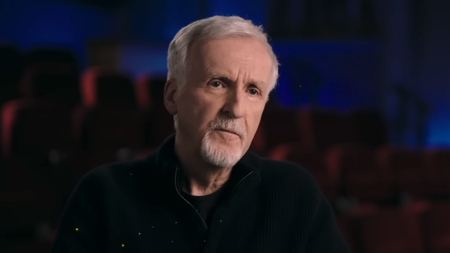
That Time James Cameron Was Literally Given Cocaine To Hand Out On His First Day Working On Set
By Sarah El-Mahmoud Published -
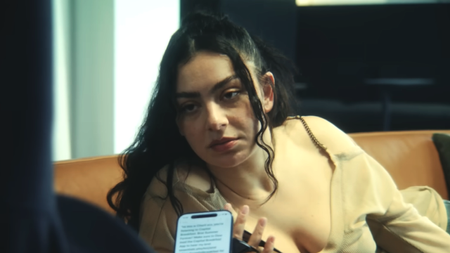
‘They’re Getting It’: Charli XCX Recalled The Wild Letterboxd Reactions The Moment’s Received, And Now I Have To See It
By Sarah El-Mahmoud Published -
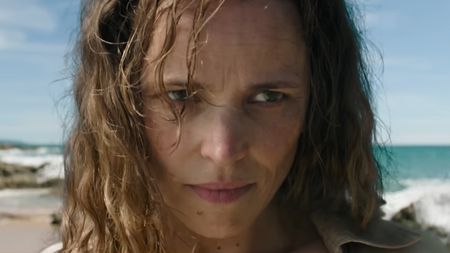
Critics Have Seen Send Help, And I’m Surprised By What They’re Saying About Rachel McAdams In The Horror Movie
By Heidi Venable Published
-
Explore Movies
Box Office
-
-
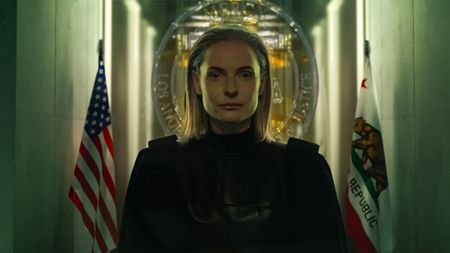
Avatar: Fire And Ash Falls From The Top Of The Weekend Box Office As Mercy Takes #1
By Eric Eisenberg Published -
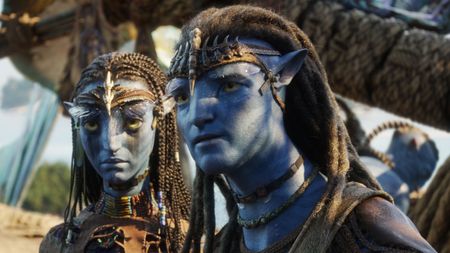
Will 28 Years Later: The Bone Temple Take Down Avatar: Fire And Ash At The Weekend Box Office? It's Going To Be A Photo Finish
By Eric Eisenberg Published -
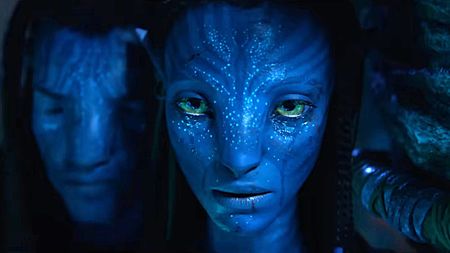
Primate And Greenland 2 Prove Light Competition For Avatar: Fire And Ash At The Weekend Box Office
By Eric Eisenberg Published -
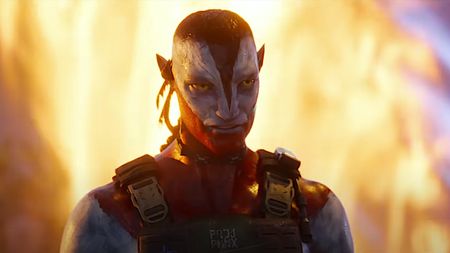
First Box Office Weekend Of 2026 Delivers Milestones For Avatar: Fire And Ash And The Housemaid
By Eric Eisenberg Published -

It's Christmas On Pandora As Avatar: Fire And Ash Has A Massive Second Weekend At The Box Office
By Eric Eisenberg Published -

Avatar: Fire And Ash Rules The Weekend Box Office (Duh), But Questions Linger About The Future
By Eric Eisenberg Published -
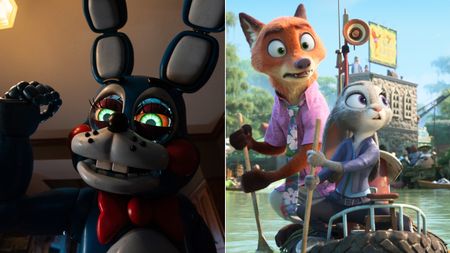
Five Nights At Freddy's 2 Bombs Hard In Its Second Box Office Weekend As Zootopia 2 Returns To The Top Spot
By Eric Eisenberg Published -
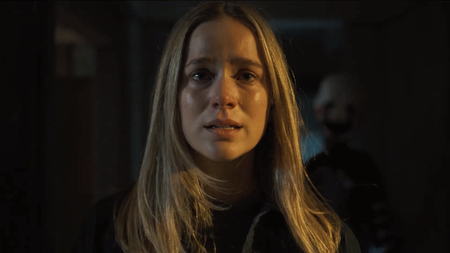
Five Nights At Freddy's 2 Survives Drubbing From Critics And Easily Wins The Weekend Box Office... But It's Not All Good News
By Eric Eisenberg Published -

Zootopia 2 Surpasses $550 Million Globally, Running Wild At The Box Office Over Thanksgiving Weekend
By Heidi Venable Published
-
Features
-
-
 New Issue
New IssueBrace For Titan Action In Monarch: Legacy Of Monsters With The Latest Issue Of SFX
By SFX Published -
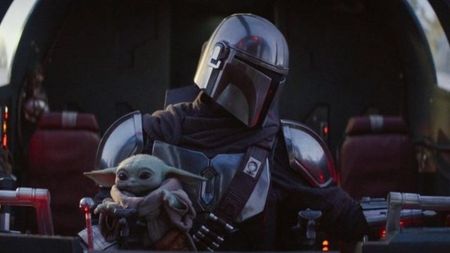
Upcoming Star Wars Movies And TV Shows
By Eric Eisenberg Last updated -
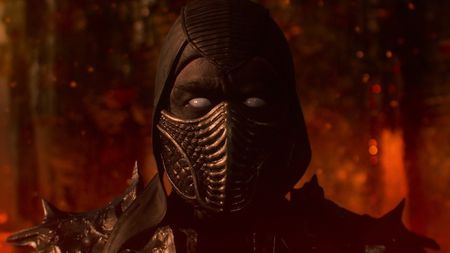
Upcoming Video Game Movies And Shows I Can’t Wait To See In 2026 And Beyond – Super Mario Galaxy, Mortal Kombat II, And More
By Philip Sledge Last updated -
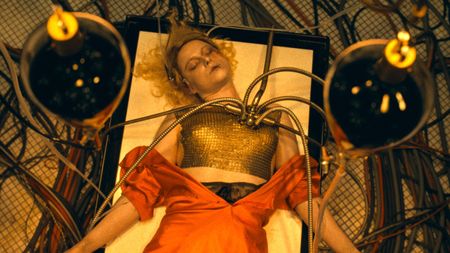
Upcoming Horror Movies: All The New Scary Movies Coming Out In 2026 And Beyond
By Sarah El-Mahmoud Last updated -
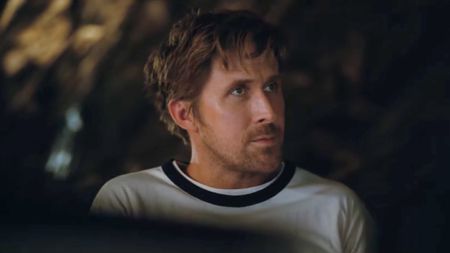
Upcoming Book-To-Screen Adaptations: What To Read Before The Movie Or TV Show
By Sarah El-Mahmoud Last updated -
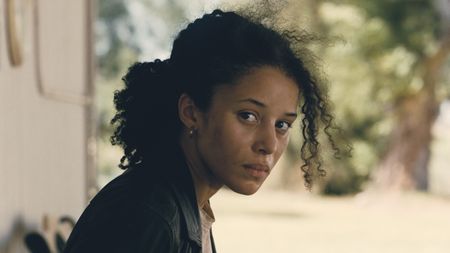
I Just Found Out One Battle After Another's Chase Infiniti Has 2 Upcoming Roles, And I'm Really Excited About It
By Sarah El-Mahmoud Published -
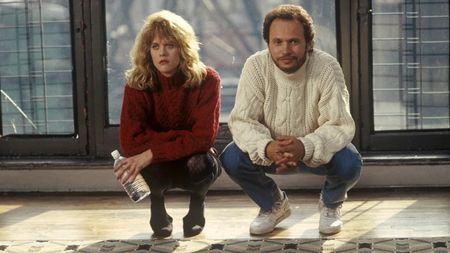
The Best Free Movies Online And Where To Watch Them
By Jason Wiese Last updated -
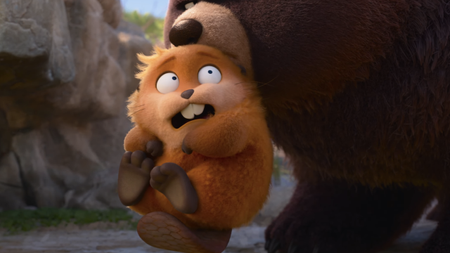
Upcoming Disney Movies: Full List Of Titles And Release Dates
By Dirk Libbey Last updated -
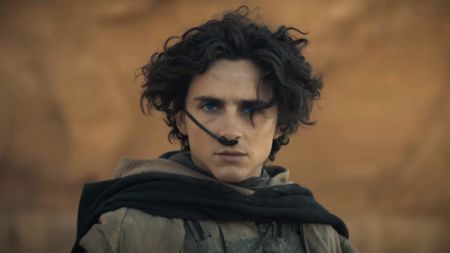
We're Still A Year Away From Dune: Part Three, But We've Already Learned A Lot About The Film
By Hugh Scott Published
-
More about Movies
-
-

Critics Have Seen Send Help, And I’m Surprised By What They’re Saying About Rachel McAdams In The Horror Movie
By Heidi Venable Published -
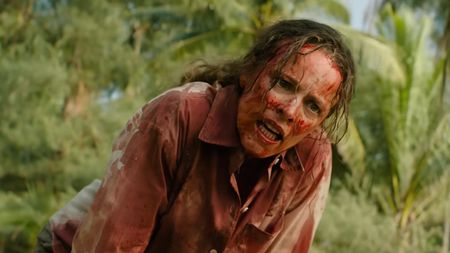
I Had The Best Bloody Time With Send Help, And One Thing About The End That Made It Even Better
By Sarah El-Mahmoud Published -
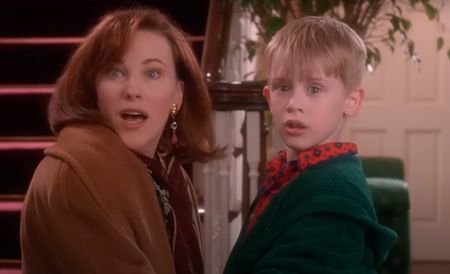
Macaulay Culkin And More Pen Tributes To Catherine O'Hara After Her Death
By Heidi Venable Published
-